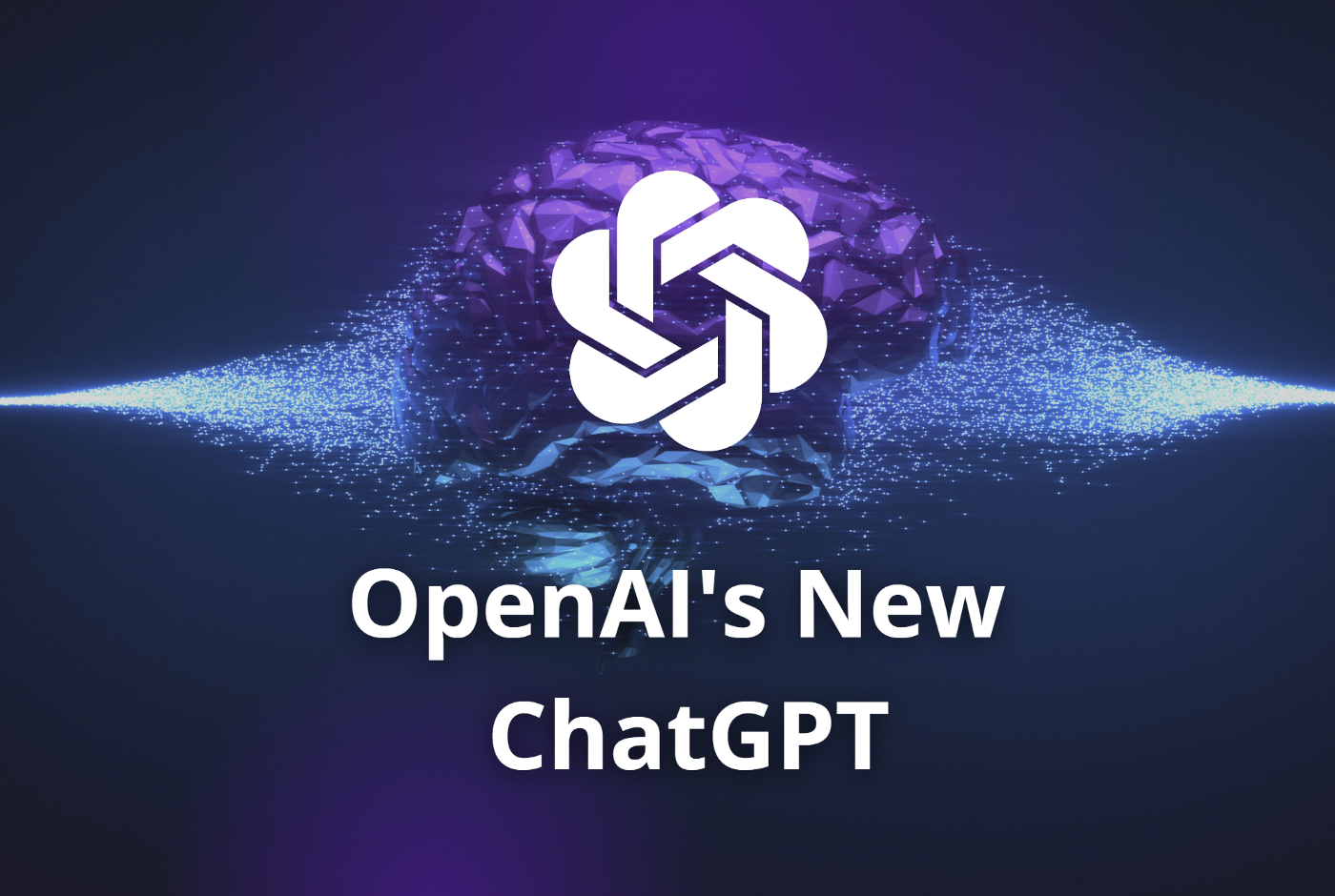Understanding The Differences: I/O And Io In The Google-OpenAI Rivalry

Table of Contents
Google I/O: A Holistic Ecosystem Approach
Google I/O is much more than a conference; it’s a comprehensive showcase of Google's vast and ever-expanding AI ecosystem. This annual event acts as a cornerstone for Google's AI strategy, demonstrating their commitment to integrating AI across all aspects of their products and services.
-
Broad Reach of AI Technologies: Google I/O presents a wide array of AI technologies, including TensorFlow, a leading machine learning framework, and advancements within Google Cloud AI, offering powerful tools for businesses. The conference also highlights progress in Android development, showcasing AI's integration into mobile experiences.
-
Seamless AI Integration: A key theme of Google I/O is the seamless integration of AI into existing Google products and services. From improved search functionality to more intelligent assistants, Google consistently demonstrates how AI enhances the user experience across its platforms.
-
Developer Focus and Community Building: Google I/O actively fosters a strong developer community. By providing tools, resources, and networking opportunities, Google empowers developers to build innovative AI-powered applications, further expanding the reach and capabilities of their AI ecosystem.
-
Long-Term Vision: Google's AI strategy, as showcased at I/O, reflects a long-term vision for pervasive AI integration in daily life. This isn't just about creating impressive AI models; it's about making AI accessible and beneficial to everyone. This holistic approach underpins Google’s strategic commitment to AI across various sectors.
OpenAI's "io" (Implied): A Focused, Iterative Model
In contrast to Google's broad-spectrum approach, OpenAI’s strategy—which we'll refer to as "io" to highlight its smaller, more focused nature—emphasizes iterative development and the release of impactful AI models. This approach prioritizes rapid innovation and continuous improvement.
-
Groundbreaking AI Models: OpenAI has become synonymous with groundbreaking AI models like GPT-3, GPT-4, and DALL-E. These models represent significant leaps in natural language processing and image generation, pushing the boundaries of what's possible with AI.
-
Targeted AI Capabilities: OpenAI's focus is on delivering specific, high-impact AI capabilities rather than a broad AI ecosystem. While their technologies have broad applications, their initial emphasis is on mastery within specific areas like natural language processing and generative AI.
-
Strategic Partnerships and API Access: OpenAI utilizes strategic partnerships and API access to enable broader adoption of its models. This allows developers and businesses to integrate OpenAI's cutting-edge technologies into their own applications and services.
-
Rapid Iteration and Continuous Improvement: OpenAI's iterative development process involves continuously refining its models based on user feedback and ongoing research. This rapid iteration cycle allows them to quickly adapt and improve their offerings.
Contrasting Strategies: I/O vs. "io"
The core differences between Google's I/O and OpenAI's "io" approach are striking. The following table summarizes these key distinctions:
| Feature | Google I/O | OpenAI "io" |
|---|---|---|
| Scope | Broad, holistic ecosystem | Focused, specific AI models |
| Approach | Comprehensive, long-term strategy | Iterative, rapid development |
| Target Audience | Developers, businesses, consumers | Developers, researchers, businesses |
| Key Output | Integrated AI across products | High-impact AI models and APIs |
Google's strength lies in its broad ecosystem and integration capabilities, while OpenAI excels in pushing the boundaries of specific AI capabilities through rapid iteration. Both strategies have their merits and limitations.
Implications for the Future of AI
The contrasting strategies of Google and OpenAI will significantly shape the future of AI. Google's approach aims for widespread AI integration, potentially leading to a more subtly pervasive AI presence in everyday life. OpenAI's focus on powerful, specialized models could drive rapid advancements in specific fields.
The future may see increased collaboration, with Google leveraging OpenAI's advanced models within its ecosystem, or intensified competition, with each company striving for dominance in different AI sectors. The evolving dynamics between these two giants will undoubtedly define the AI landscape for years to come, impacting everything from daily consumer interactions to scientific research.
Conclusion: Understanding the Differences: I/O and io in the Google-OpenAI Rivalry – A Summary
Google's I/O represents a holistic ecosystem approach, focused on broad AI integration across its products and services. OpenAI's "io," conversely, prioritizes iterative development and the release of impactful, specialized AI models. Understanding these contrasting strategies is crucial for comprehending the complex and rapidly evolving AI landscape. The future of AI innovation will likely be shaped by a combination of both approaches, with each contributing uniquely to the advancement of the field. Delve deeper into Google I/O resources and explore OpenAI's latest innovations to gain a more comprehensive understanding of this exciting and competitive space. Continue researching both Google I/O and OpenAI's contributions to the ongoing development and strategic implementation of AI technologies.

Featured Posts
-
 Met Gala 2025 The Naomi Campbell And Anna Wintour Fallout
May 26, 2025
Met Gala 2025 The Naomi Campbell And Anna Wintour Fallout
May 26, 2025 -
 Jenson Fw 22 Extended Detailed Look At The New Line
May 26, 2025
Jenson Fw 22 Extended Detailed Look At The New Line
May 26, 2025 -
 Moto Gp Inggris 2025 Hasil Fp 1 Jadwal Race Dan Siaran Langsung Trans7
May 26, 2025
Moto Gp Inggris 2025 Hasil Fp 1 Jadwal Race Dan Siaran Langsung Trans7
May 26, 2025 -
 Moto Gp Argentina 2025 Link Live Streaming Balapan Dini Hari
May 26, 2025
Moto Gp Argentina 2025 Link Live Streaming Balapan Dini Hari
May 26, 2025 -
 Der Hsv Und Der Aufstieg Ein Blick Zwischen Hafengeburtstag Und Roland Kaiser
May 26, 2025
Der Hsv Und Der Aufstieg Ein Blick Zwischen Hafengeburtstag Und Roland Kaiser
May 26, 2025
